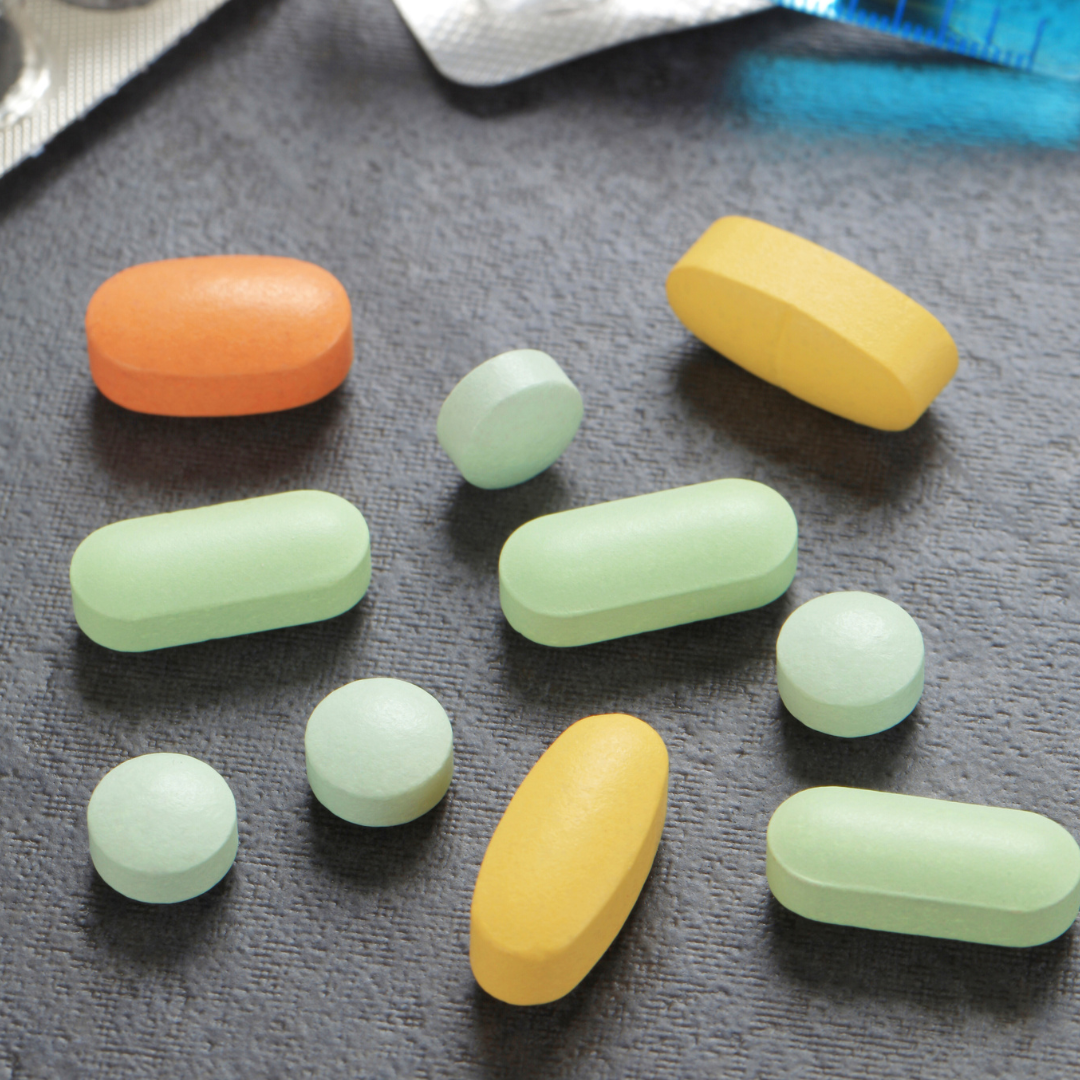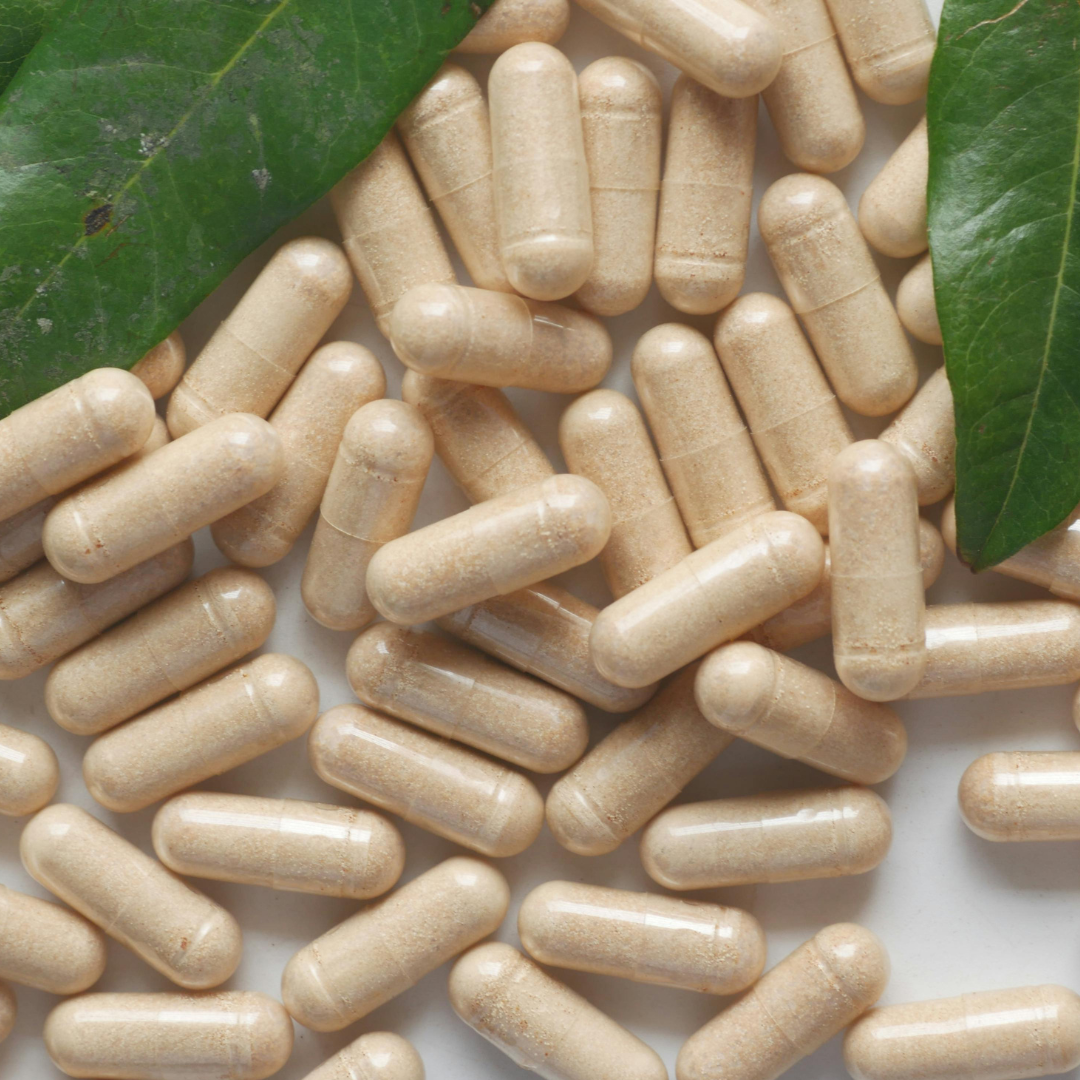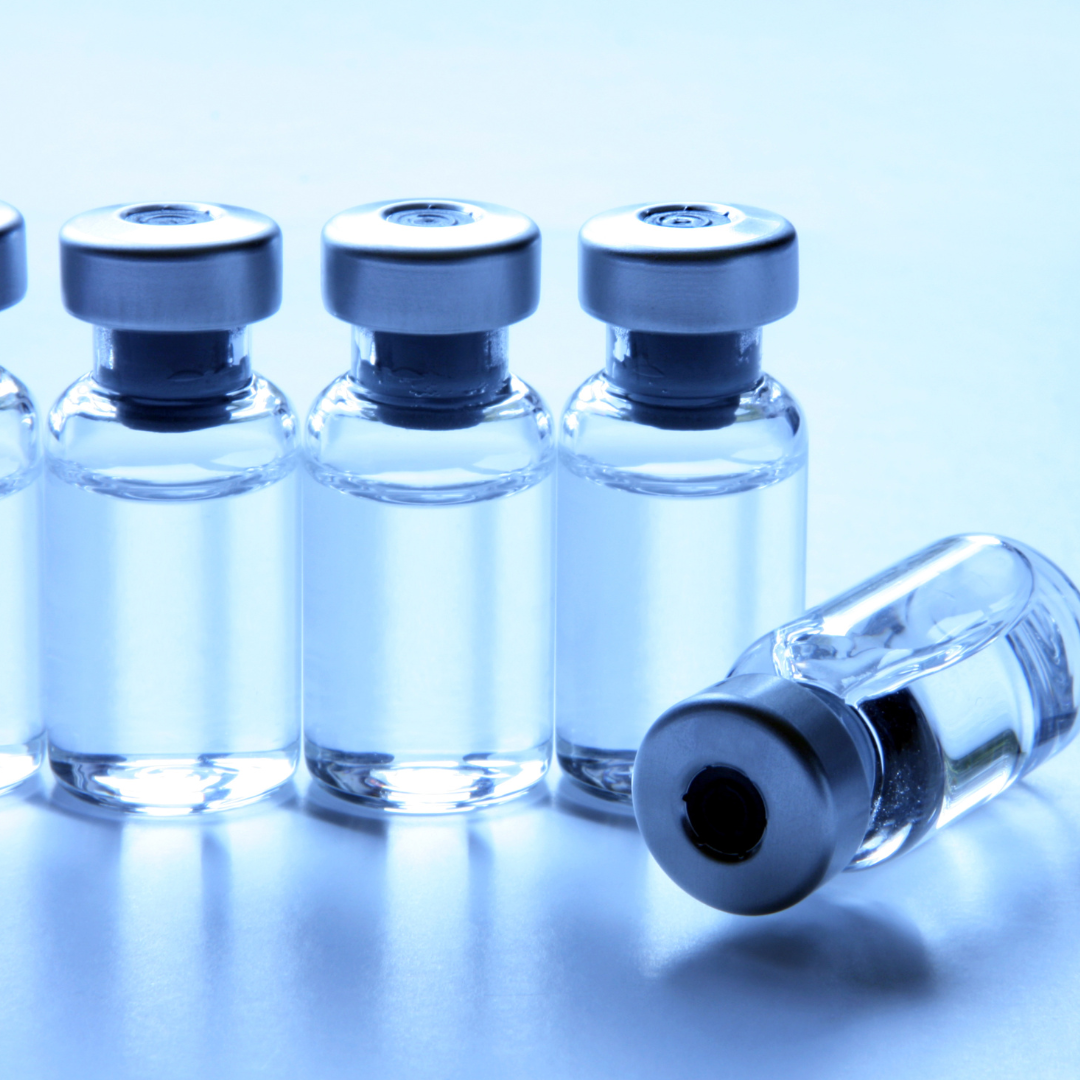In the world of recovery and performance, a lesser-known peptide called BPC-157 is generating serious buzz. Originally studied for its regenerative properties, BPC-157 (short for Body Protection Compound-157) is a peptide fragment derived from a naturally occurring protein in the stomach. While research is still developing, early studies and anecdotal reports suggest that BPC-157 may play a powerful role in healing, recovery, and even performance enhancement.
Important Note: BPC-157 is not FDA-approved, and much of the evidence comes from animal studies and limited human reports. Anyone considering it should proceed with caution and consult a qualified medical professional.
1. Accelerated Healing and Tissue Repair
One of the most talked-about benefits of BPC-157 is its ability to speed up healing. Research suggests that it supports angiogenesis (the formation of new blood vessels), which improves blood flow to injured areas. This may enhance recovery for muscle tears, tendon injuries, and even ligament damage.
2. Supports Joint and Ligament Health
Athletes who push their bodies hard often deal with nagging joint and ligament injuries. BPC-157 has been studied for its ability to promote healing in connective tissue, potentially making it useful for overuse injuries like tendonitis or ligament strains.
3. Reduces Inflammation
Chronic inflammation can slow recovery and contribute to pain. Early studies indicate that BPC-157 has anti-inflammatory properties, which may help reduce swelling and promote faster healing after injuries or surgeries.
4. Gut and Digestive Health
Since BPC-157 originates from a protein found in gastric juice, it has been studied for its protective effects on the gut. Some evidence suggests it may help with intestinal damage, ulcers, and even inflammatory bowel conditions.
5. May Enhance Recovery From Nerve Injuries
Preclinical studies show promise for BPC-157 in nerve healing. It appears to promote regeneration and protect nerve pathways, which could make it an interesting therapy for nerve-related injuries or conditions in the future.
6. Potential Impact on Mood and Brain Health
Some early research indicates BPC-157 may influence neurotransmitter activity, particularly serotonin and dopamine pathways. This suggests it might play a role in reducing stress, anxiety, and even depression—though much more human research is needed.
7. Athletic Performance and Longevity
While BPC-157 isn’t a performance enhancer in the same way as creatine or caffeine, its ability to speed recovery could indirectly improve training consistency and longevity. The less time you spend sidelined with injuries, the more time you can focus on progress.
Conclusion
BPC-157 is one of the most intriguing peptides in the health and performance world today. With potential benefits ranging from faster recovery and joint healing to gut health and reduced inflammation, it’s no surprise athletes and biohackers are paying attention.
That said, research is still in its early stages—mostly in animals—and the peptide is not FDA-approved for medical use. If you’re curious about it, do your research, proceed cautiously, and always consult with a healthcare professional before considering it as part of your regimen.
Disclaimer: This blog is for informational purposes only and does not constitute medical advice.
Share
Read more

The Best Anti-Aging Supplements for Men: Stay Strong, Sharp, and Energized
Learn about the best anti-aging supplements for men to support muscle, brain, heart, and hormone health. Backed by science, these supplements promote longevity and vitality.

The Benefits of Shilajit for Men: Boosting Strength, Energy, and Vitality
Discover the benefits of shilajit for men, including testosterone support, energy, fertility, muscle recovery, and overall vitality.

